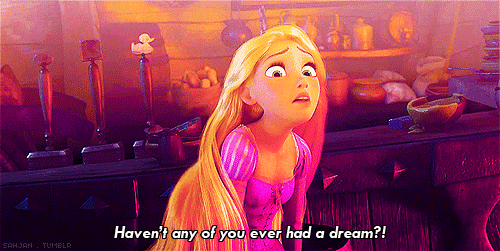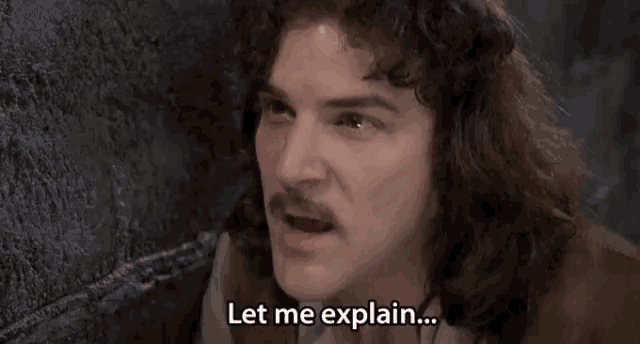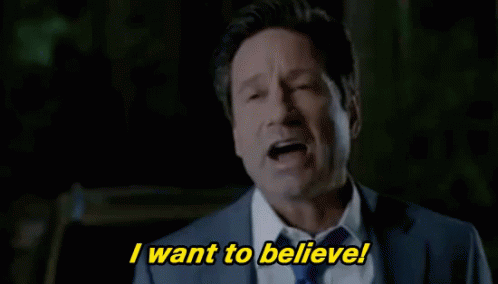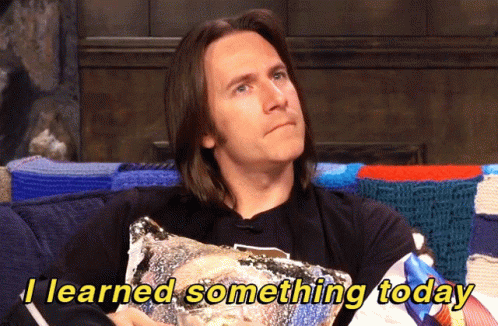Sure. I can definitely recall one such situation - it was certainly an educational epiphany for me because it forever changed how I saw the work. I was working on a pretty well-established MMOG at the time. Like most successful MMOGs, it had a lot of major gameplay systems. I had a personal fondness for a particular one of these gameplay systems so I was excited to pitch an idea expanding and improving on it. My lead gently rebuffed me and gave me perhaps one of the most important design lessons of my life. This is that lesson.
 ALT
ALTOne of the myths I used to believe about game design is “if you build it, they will come”. I used to believe that pouring more resources into a particular type of content would entice more players to engage with that content. On paper, it made sense - if we spent more resources on it, we could make it cooler, more intuitive, more engaging, and get more players to play it. That was the essence of my pitch. Unfortunately, I had been running off of a combination of gut feeling and player discussions dedicated to the particular flavor of content I was talking about.
 ALT
ALTMy manager explained it to me - adding more resources would not necessarily see a 1:1 correlation to player engagement. Instead, what would happen would be that the small percentage of players that already engaged with that kind of content regularly would feel great at being fed more, and we’d get a one-time spike of players who would try it once and never go back. No one else would engage with the content. The fact it was a mature MMOG meant that they had years of collected data to back up those assertions.
 ALT
ALTI wanted to believe that it was just because we didn’t try hard enough or didn’t put enough resources into it, but I had to face a hard truth - the devs who I had imagined weren’t “trying hard enough” were my coworkers and teammates - the ones I knew, worked with, and trusted. It wasn’t like we would magically conjure up super-designers from the ether who were far better at content creation than the existing team of seasoned professionals we already had. “Try harder, do better” wasn’t a feasible solution once I actually had to consider what “try harder, do better” entailed. It wasn’t going to be enough. It wasn’t going to work.
 ALT
ALTAs you said, the realization that my core assumption was flawed was a very strong learning moment for me. A long-held bit of industry wisdom is the willingness to “kill your babies”, and that day I had the realization that one of mine was quite undead. I am very thankful to my manager for teaching me that lesson that day. It has been some extremely valuable wisdom that I’ve used to help evaluate ideas, both proposed by others and my own.
[Join us on Discord] and/or [Support us on Patreon]
Got a burning question you want answered?
- Short questions: Ask a Game Dev on Twitter
- Long questions: Ask a Game Dev on Tumblr
- Frequent Questions: The FAQ